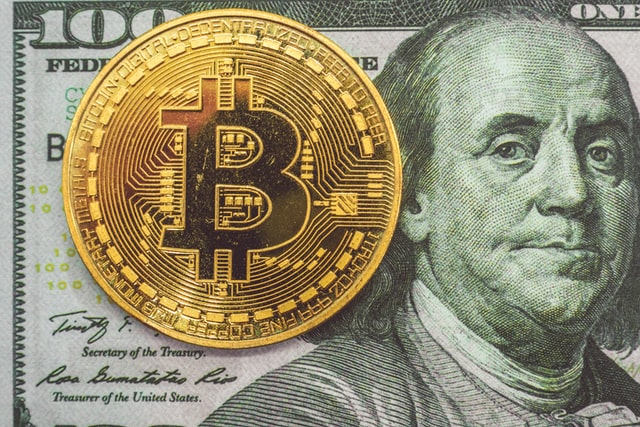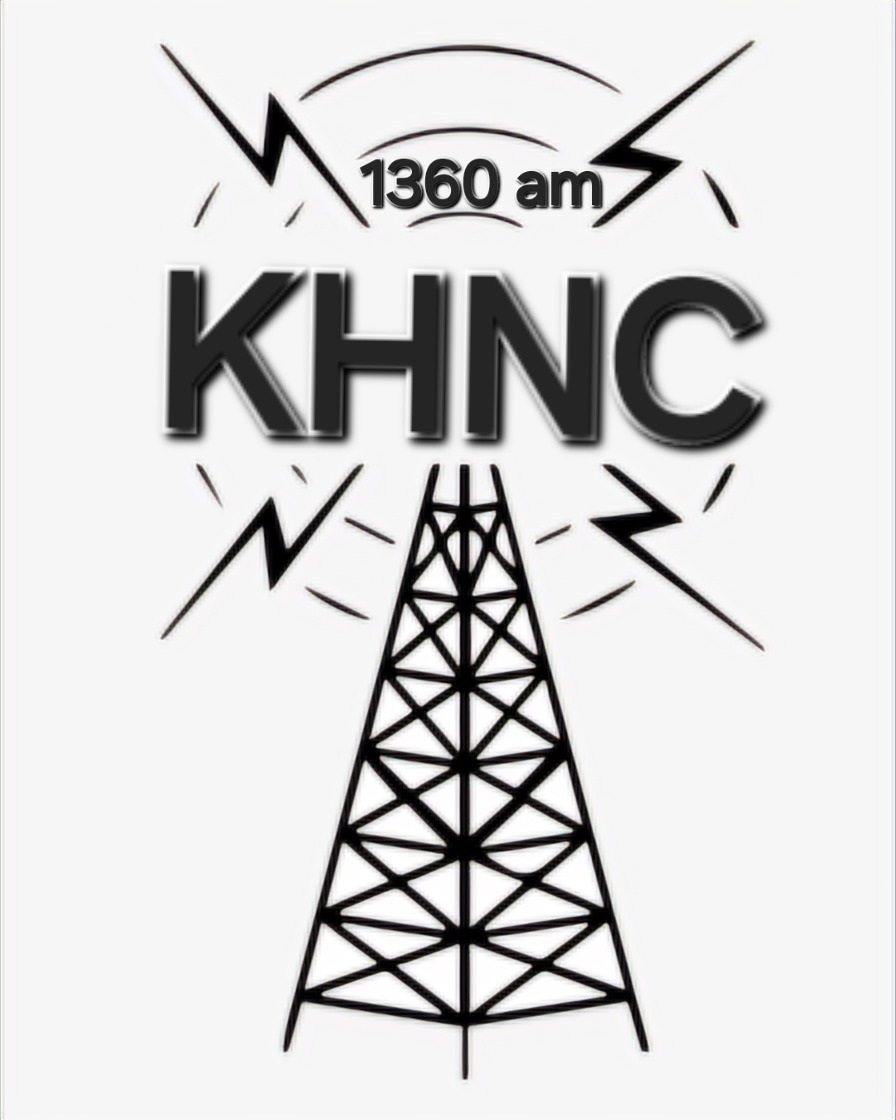
El Salvador has a reputation for being the deadliest place on the planet. However, news from the cryptocurrency world has made El Salvador the talk of the sector. El Salvador’s Legislative Assembly approved legislation which makes Bitcoin, a cryptocurrency, legal tender in the country. El Salvador is the first nation to make a change like this after President Nayib Bukele made the proposal at a Bitcoin conference. 62 out of 84 possible votes created the law to adopt Bitcoin, despite potential impact on El Salvador’s International Monetary Fund program. Bukele said he will meet with the International Monetary Fund on Thursday to discuss the bitcoin law and other issues. Bukele said during the meeting he wanted to try to explain the shift was “not going to change our macroeconomics.” He also announced an idea to build a Bitcoin mining hub with the country’s geothermal potential. El Salvador has also announced it would offer citizenship to people who have invested in at least three Bitcoins, and have proof.
What is Bitcoin?
Bitcoin was intended as an alternative to government-backed money. The cryptocurrency is based largely on complex math and data-scrambling cryptography. Producing, or “mining,” Bitcoin requires lots of processing power which is why El Salvador wants to center their mining plans around geothermal energy. Bukele said he instructed state-owned geothermal electric firm LaGeo to develop a plan to offer bitcoin mining facilities using renewable energy from the country’s volcanoes. All Bitcoin transactions are recorded on a distributed global ledger called the blockchain. No central bank or other institution has any say in value, which is set entirely by people trading Bitcoins. Bitcoin and other popular digital currencies, including Ethereum and Dogecoin, all rose recently. How will this affect the current currency of El Salvador?
Will Bitcoin Affect the Current Currency in El Salvador?
Many people in El Salvador rely on money sent back from workers in other countries such as the U.S.. World Bank data showed remittances to the country made up nearly $6 billion in 2019, one of the highest in the world. The cryptocurrency offers, in theory, a quick and cheap way to send money across borders. The proportion of remittances sent to El Salvador in bitcoin is not clear. The use of Bitcoin as legal tender will begin in 90 days. The bitcoin-dollar exchange rate will be set by the market. According to Bukele, the El Salvadoran government and Central Bank did not hold any bitcoin at the time of voting. El Salvador hasn’t had its own currency since 2000, when it switched to the U.S. dollar. It therefore loses no seigniorage by adding a second external currency as legal tender. Most of the people in El Salvador are on board with the change but there are some who have worries. “How am I going to agree with this? I haven’t seen it even in photos. I know nothing about it, you need to understand your currency,” said Estela Gavidia, clutching shopping bags and recalling the loss of purchasing power many poor people suffered when the dollar was adopted in 2001. Carlos Carcach, a professor at El Salvador’s Superior School of Economics and Business, argued that adoption of Bitcoin as legal tender “is not necessary, nor convenient,” though he added, “as long as there is someone who accepts payment with Bitcoin, the same as they accept dollars, there wouldn’t be problems.” He noted that Bitcoin is extremely volatile, so investors “run the risk of becoming rich and the next day being poor.” The U.S. dollar will continue to be El Salvador’s main currency and no one will be forced to pay in Bitcoin.
How Will Bitcoin be Used?
Over 500 fishing and farming families in El Zonte use the cryptocurrency to buy groceries and pay utilities. El Zonte is a small town in El Salvador that has run on Bitcoin for the last year. Before a donor came in and changed the economy to predominantly Bitcoin there was no bank in the town. The people were scraping by on what little cash they could get a hold of, with the change to Bitcoin many people and Business owners have been able to thrive with the digital cryptocurrency. “This is not something for rich people only. It’s for everybody,” said Bukele, who spoke about the power of cryptocurrency to loosen the control of central banks and empower young entrepreneurs. Bitcoin can be used in any transaction and any business will have to accept payment in Bitcoin, with the exception of those lacking the technology to do so. “Every restaurant, every barber shop, every bank….everything can be paid in U.S. dollars or Bitcoin and nobody can refuse payment,” Bukele said as the bill was being debated in El Salvador’s congress. The law makes any capital gains from investing in bitcoin tax-free; Bukele hopes this will attract some of the crypto industry to his country. The El Salvadoran government intends to set up a trust at the Development Bank of El Salvador “to instantly convert bitcoin to U.S. dollars.” Some people are unsure of how well the trust will work.
“I don’t know how they’re going to sustain this trust, because if they have all these bitcoins coming in and all these dollars coming out for the Bitcoins, because they’ll be freely interchangeable between the two, that’s going to be a way to clean dirty bitcoins,” said David Gerard, author of ‘Attack of the 50 Foot Blockchain.’ “Without very rigid controls on Bitcoin movements and full know-your-customer rules, they’re going to be a laundromat for money.” The risk is that El Salvador, either by accident or design, will become a commission-free laundromat for criminals wanting to turn dirty Bitcoin into clean dollars. Bukele has frequently been accused of working with the MS13 gang. Bukele brushed off the fears, saying criminals already use U.S. dollars and other assets to launder money. “The problem is not the dollar, it is the criminals,” he said. What do you think of El Salvador adopting Bitcoin as currency? Does forcing the acceptance of Bitcoin open El Salvador to even more crime? Could Bitcoin help the impoverished nation begin to produce their own wealth?
